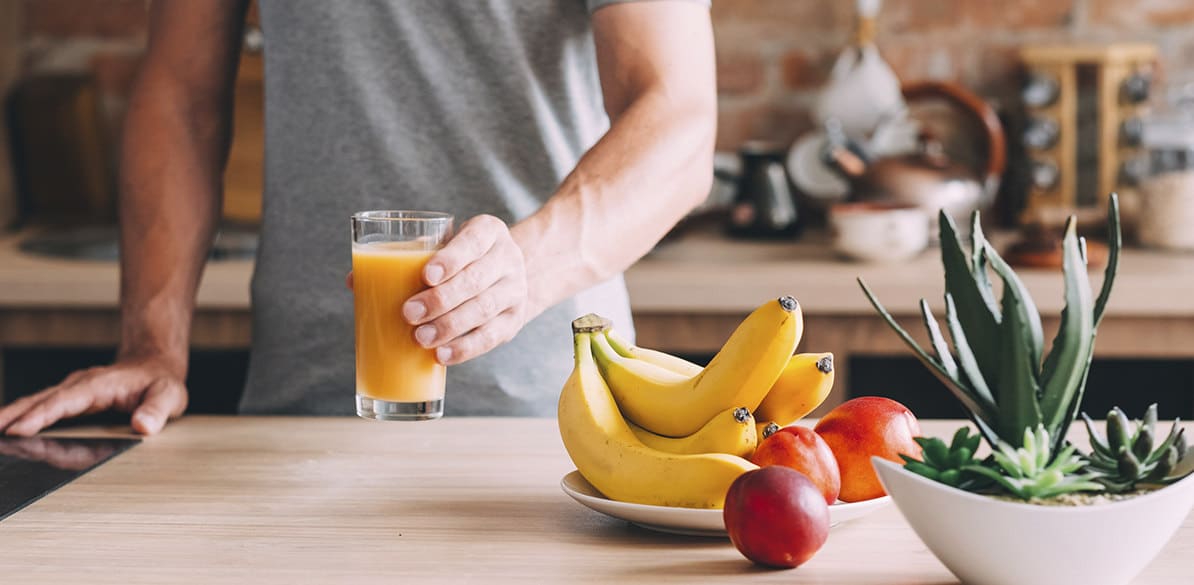Wellness and Prevention
How periods of stress affect us and the role of prevention

Approaching activities we find difficult or we perceive as stressful, either at the time itself or before or after the event, generates changes in our behavior pattern.
We want to focus all efforts on the work to be done, and direct the energy to the task itself, which makes us neglect healthy behavior habits which are the foundations to undertake any activity successfully. This focus has an impact on our physical and mental state.
Healthy patterns such as a balanced diet, some physical activity, proper rest and spending time on other activities unrelated to the project itself (leisure, hobbies, etc…) will be affected if we have not previously worked on them, the effort needed to stick to them will be much greater.
Changes in our usual behavior pattern is personal, and depends very much on self-perception, but there are some obvious general deviations. In order to have real data on the changes experienced in these situations where we self demand to be at our best, I collected information from entrepreneurs and graduate students, which serves as an example of how we perceive these changes.
But the concept of Prevention goes far beyond creating a company in the traditional concept or developing a special project. In times when we self demand giving 100% of ourselves, affect us all. These situations involve all of us to a greater or lesser extent, and in any circumstance of daily life.
In my research, it is clear that lack of physical exercise, less and poorer quality sleep, and changes in diet are areas affected before, during, and after the activity.
Almost 70% of the group studied acknowledged having a poor diet (excess, defect, or unbalanced), abuse of stimulant drinks, lack of physical exercise, altered sleep pattern, and difficulty returning to normal.
In reality, when we are aware of not dedicating ourselves 100%, we look for immediate solutions and without knowing why, we forget that first we must work on our well-being.
In summary, habits are muscles that we develop (with persistence and discipline) and the more advances in the knowledge of our organism’s biochemistry, the more evident a balanced diet becomes (including the use of medicinal plants) on our health. We have to take into account that the interaction with our organism is slower and in certain occasions needs more time to produce the beneficial effects, which implies in return to be conscious and foresighted.
This is where the importance of prevention is most evident. If we face our challenges with good basic habits in nutrition, sport, sleep, and activities that allow us to keep a self-controlled balance, we are in a privileged situation.
What can we do to strategically lead our well-being at times when we self demand to be at our best, but from a natural approach?
In my research only 18% of the respondents resort to the use of medicinal plants and consider that nutrition is an ally in our well-being, mainly due to the lack of validated information and the search for immediate results.
This reality becomes even more evident these days. Activating ourselves is in our hands.
As a side note, and I am still researching this, there is no diet to fight against COVID 19, but we mustn’t weaken our bodies with a poor diet.
About the author:
